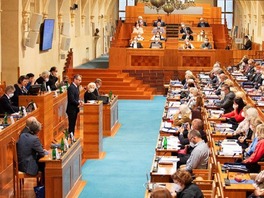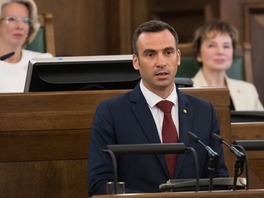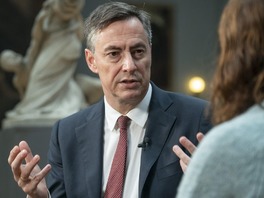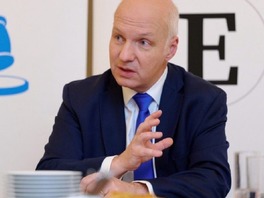Following the results of the UN climate conference in Glasgow, during which President Volodymyr Zelenskyy claimed that Ukraine will reduce its greenhouse gas emissions by 65% by 2030, the participants agreed to strengthen near-term climate targets and move away from fossil fuels faster.
This is reported by the DW news agency.
After extending the COP26 climate negotiations an extra day, nearly 200 countries meeting in Glasgow, Scotland, adopted on Saturday an outcome document that, according to the UN Secretary-General, “reflects the interests, the contradictions, and the state of political will in the world today”. The agreement, however, does not offer the transformative breakthrough scientists say must happen to avoid the most dire effects of global warming.
The outcome document, known as the Glasgow Climate Pact, calls on 197 countries to report their progress towards more climate ambition next year, at COP27, set to take place in Egypt.
The outcome also firms up the global agreement to accelerate action on climate this decade.
However, COP26 President Alok Sharma struggled to hold back tears following the announcement of a last-minute change to the pact, by China and India, softening language circulated in an earlier draft about “the phase-out of unabated coal power and of inefficient subsidies for fossil fuels”. As adopted on Saturday, that language was revised to “phase down” coal use.
By other terms of the wide-ranging set of decisions, resolutions, and statements that make up the outcome of COP26, governments were, among other things, asked to provide tighter deadlines for updating their plans to reduce emissions.
On the thorny question of financing from developed countries in support of climate action in developing countries, the text emphasizes the need to mobilize climate finance “from all sources to reach the level needed to achieve the goals of the Paris Agreement, including significantly increasing support for developing country Parties, beyond $100 billion per year”.
Saturday’s agreement does not achieve the most ambitious goal of the 2015 Paris accord — to limit Earth’s warming to 1.5 degrees Celsius (2.7 Fahrenheit) above preindustrial levels. Instead, delegations left Glasgow with the Earth still on track to blow past that threshold toward a future of escalating weather crises and irreversible damage to the natural world.
To conclude, even though at the beginning leaders from countries on the front lines of climate change noted the proposed deal does not do enough to help them, at the end of two weeks of negotiations, most countries said the deal would at least put humanity on a path to meeting its collective goals.






